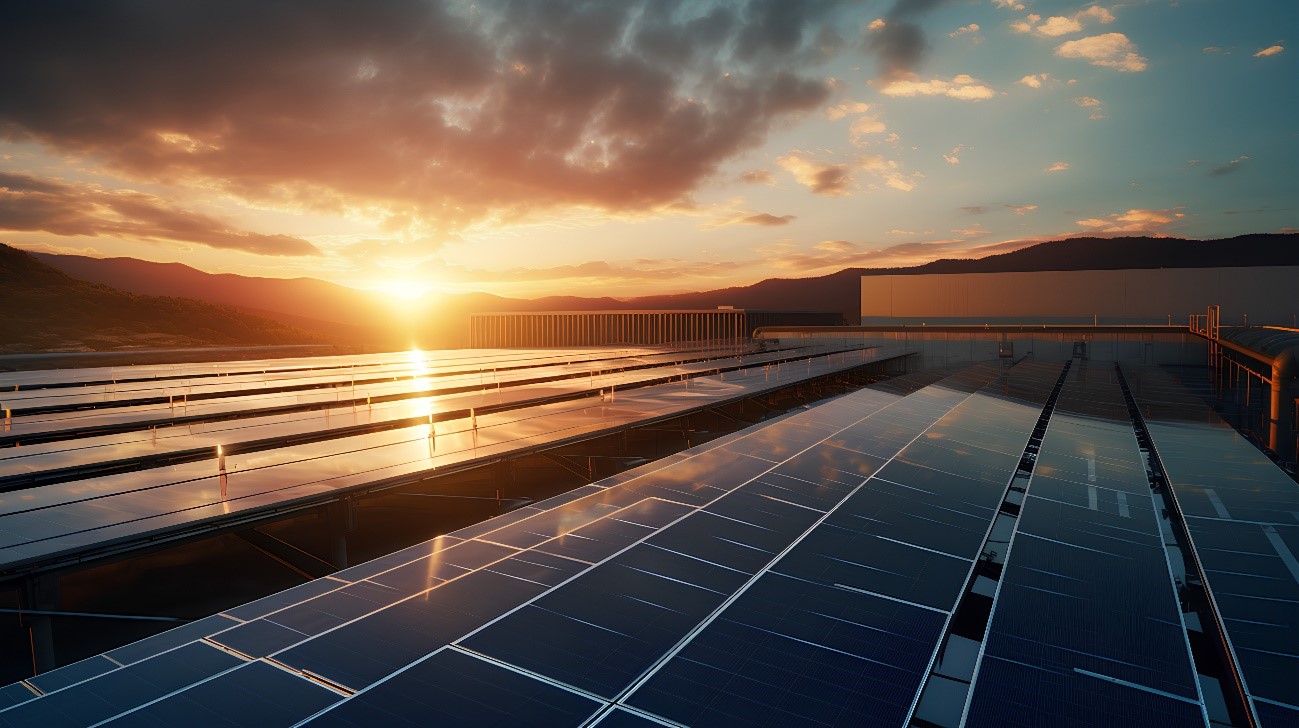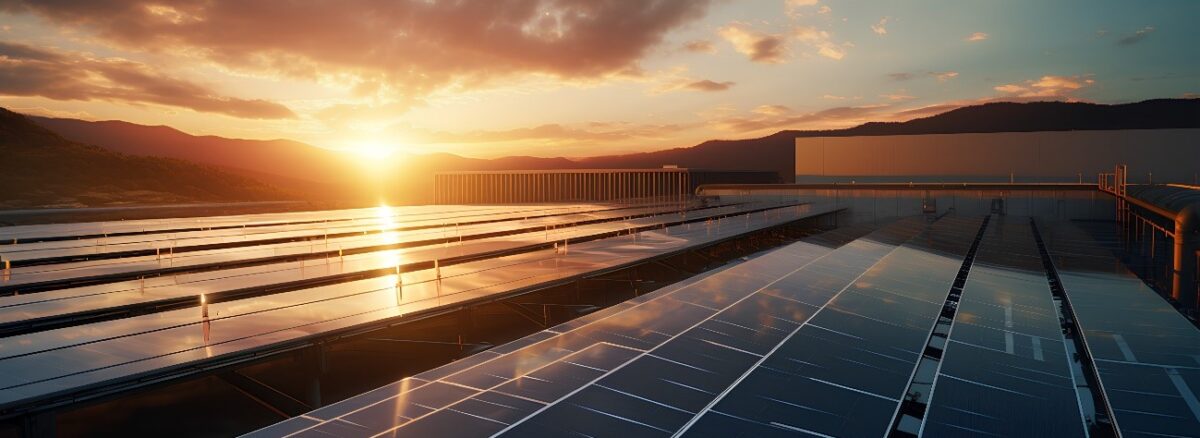- 16 April, 2024
- Francisco Gallego
- Comment: 0
- News

GREEN ENERGY: PRESENT AND FUTURE

Green energy, also known as renewable energy or clean energy, refers to energy obtained from natural sources that are inexhaustible or rapidly regenerated in a short period of time, such as hydroelectric, solar, wind, geothermal and biomass energy. MEP-Projects covers a wide range of photovoltaic projects both inside and outside the European Community, always maintaining a commitment to energy efficiency and sustainability. This commitment to energy efficiency and sustainability is fundamental in the context of green energy, as it seeks to maximize the performance of solar energy systems while minimizing environmental impact and associated costs. This can include the use of advanced solar panel technologies, solar tracking systems, energy storage, as well as design and operating practices that reduce resource consumption and waste generation.
This type of energy has experienced significant growth in recent decades, becoming a fundamental part of the present and future of electricity.
Present:
- Sustained Growth: Green power generation capacity has been increasing, with technologies such as solar and wind being deployed on a large scale around the world.
- Economic Competitiveness: The cost of renewable energy has fallen considerably in recent years, making it increasingly competitive with conventional energy sources such as coal and natural gas.
- Policy and Regulation: Many governments have implemented supportive policies, such as tax incentives and subsidies, to encourage the adoption of renewable energy. In addition, clean energy targets have been set to reduce greenhouse gas emissions and combat climate change.
- Technological Advances: Continued progress in green energy research and development has led to significant improvements in efficiency and energy storage capacity, which has broadened the applications and viability of these technologies.
Future:
- Exponential Growth: Accelerated growth in green power generation capacity is expected, driven by more efficient technologies, such as solar PV and offshore wind, and generating cost reductions.
- Advanced Storage: The development of energy storage technologies, such as large-scale batteries and thermal storage systems, will allow for a smoother integration of intermittent sources such as solar and wind into electricity grids.
- Electrification: In sectors such as transport, heating and cooling, it will boost electricity demand and create new opportunities for green energy.
- Continuous Innovation: Continued innovation in the energy field is expected, with the emergence of novel technologies such as space solar power and renewed approaches to existing energies such as tidal and wave power. These innovations have the potential to play a crucial role in the future of electricity generation.
Green energy plays a crucial role in power generation, the importance of which will increase with the search for more sustainable solutions to the growing global energy demand. MEP-Projects is committed to technological improvements, eco-efficiency and optimisation in energy development, demonstrating adaptation to market dynamics and a response to the growing demand for renewable energy solutions with low environmental impact.
Made by Jessica Valiente (EICA Design Engineer)

